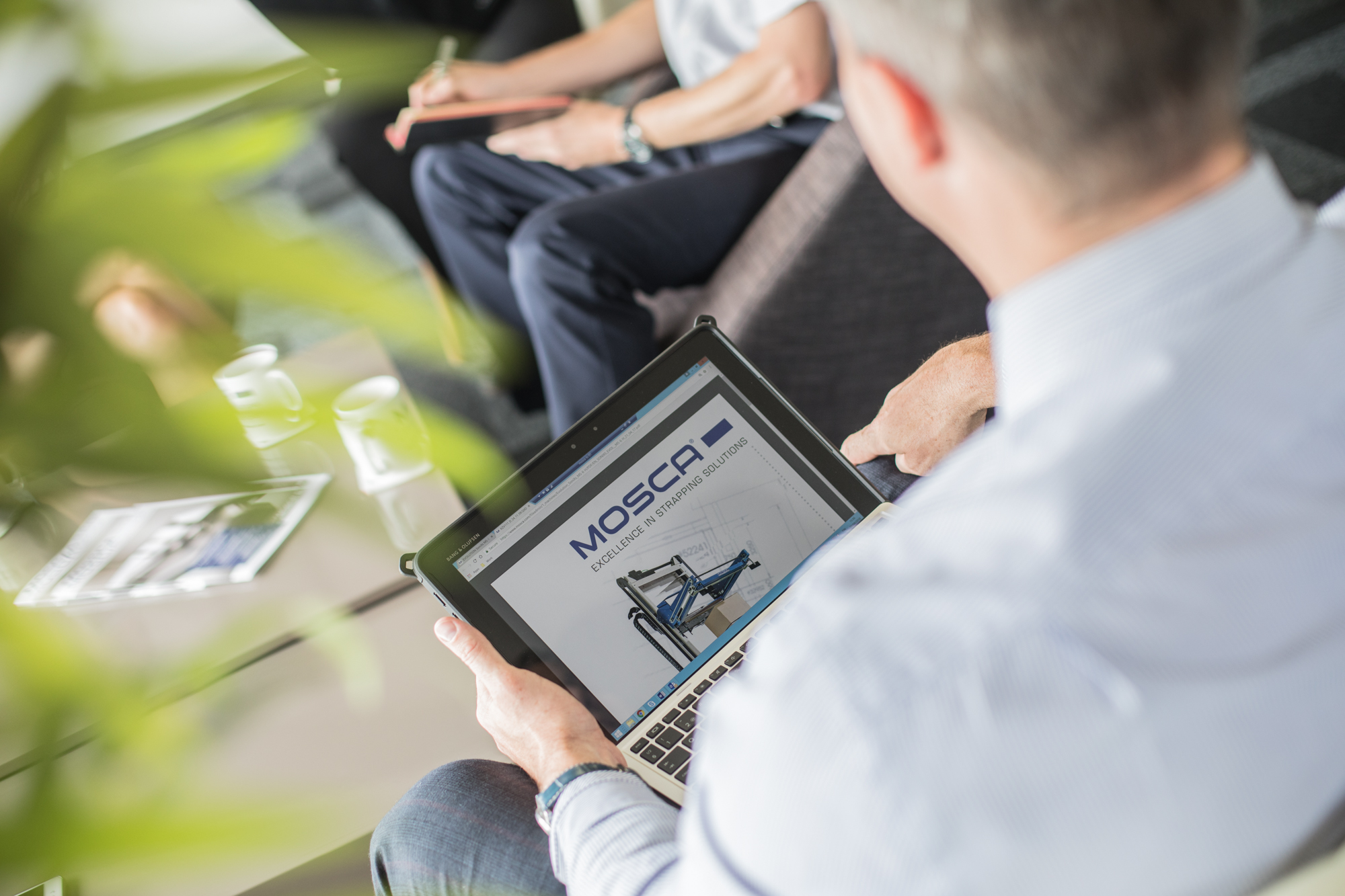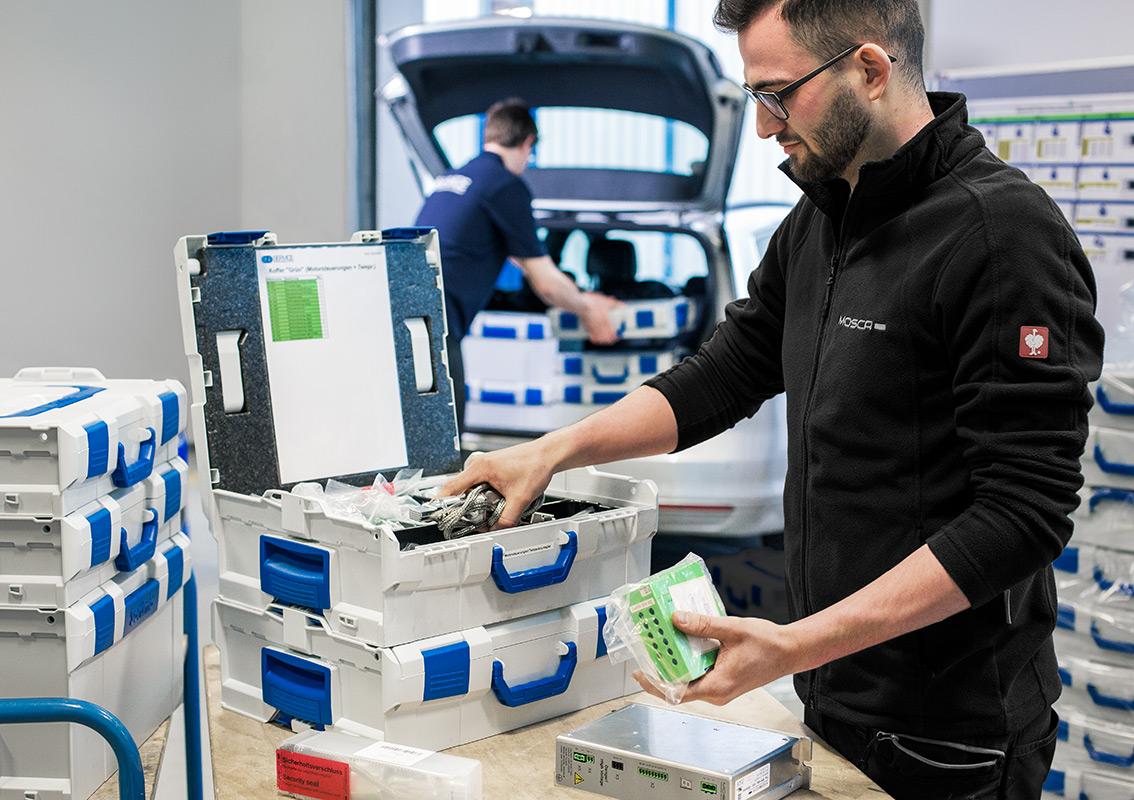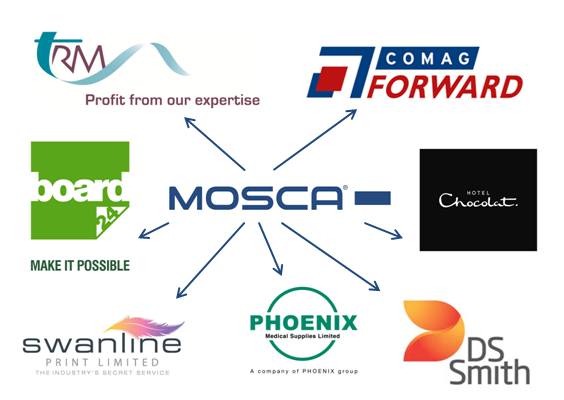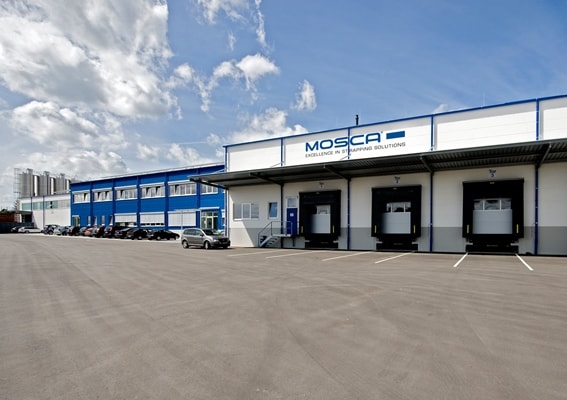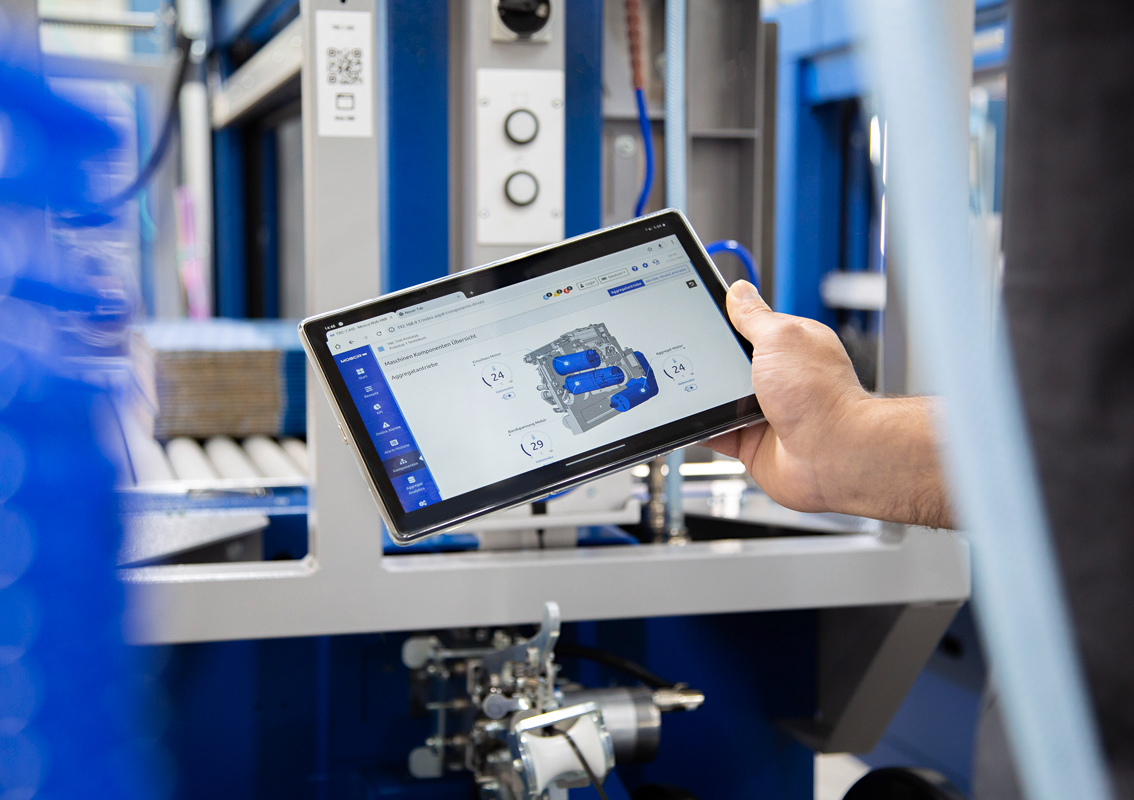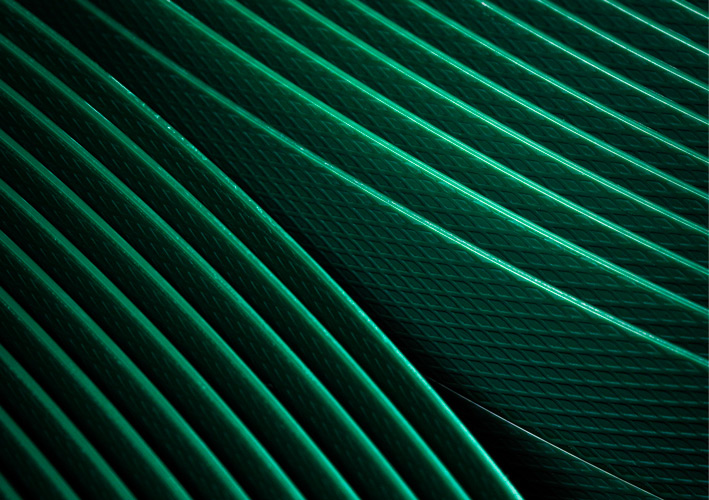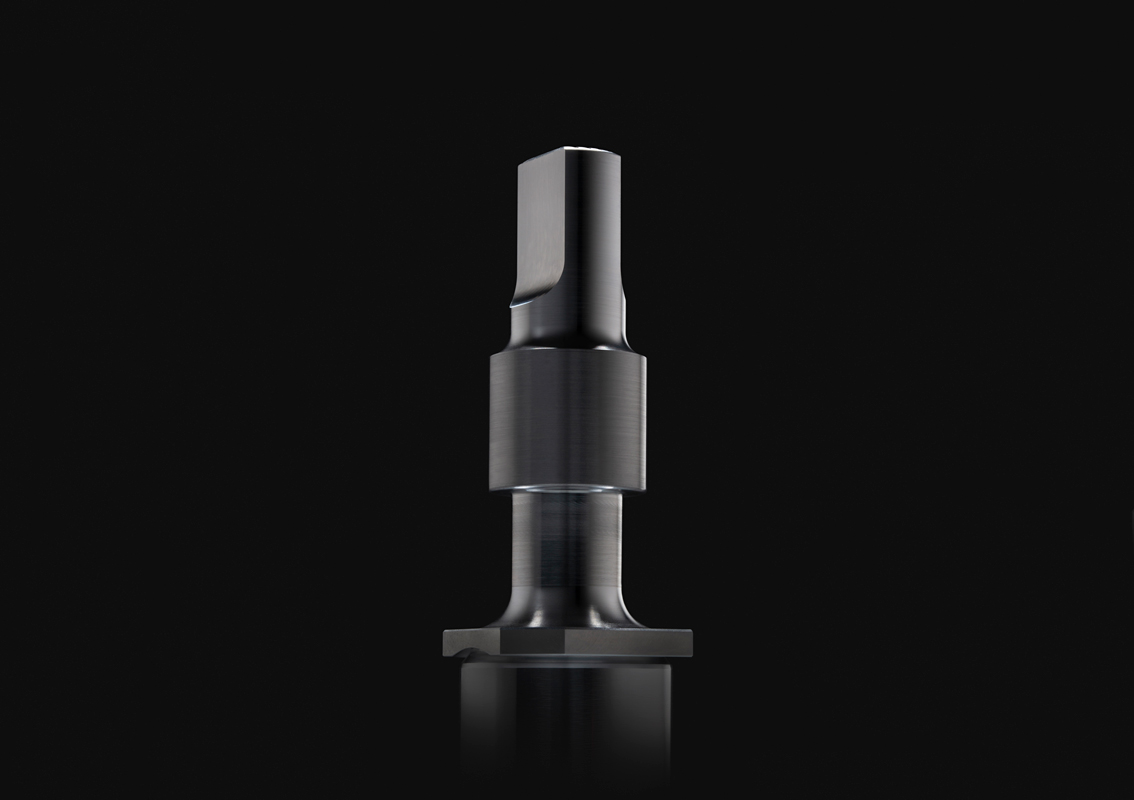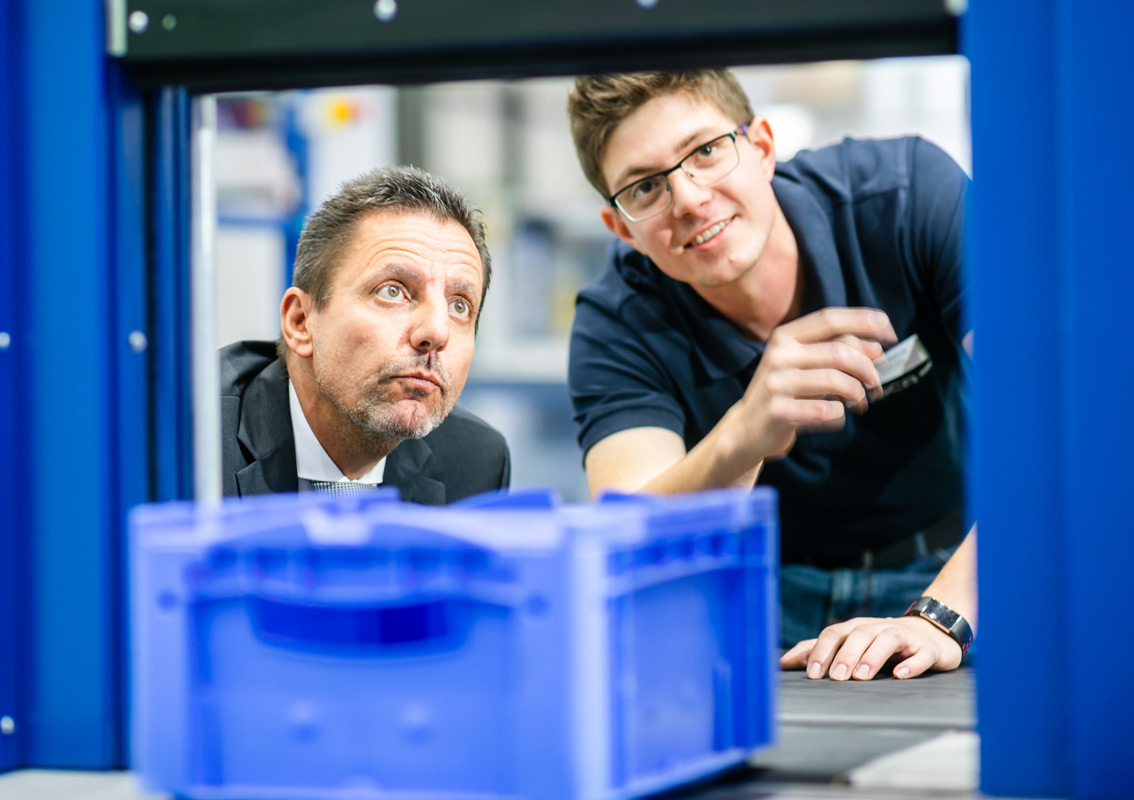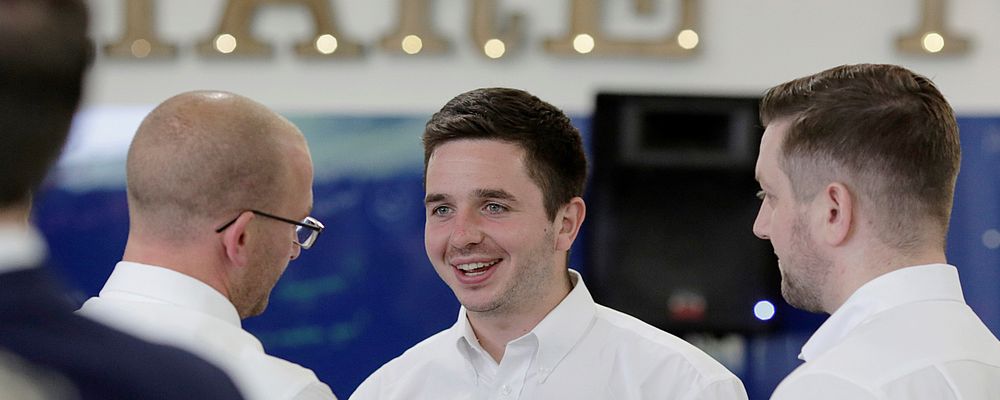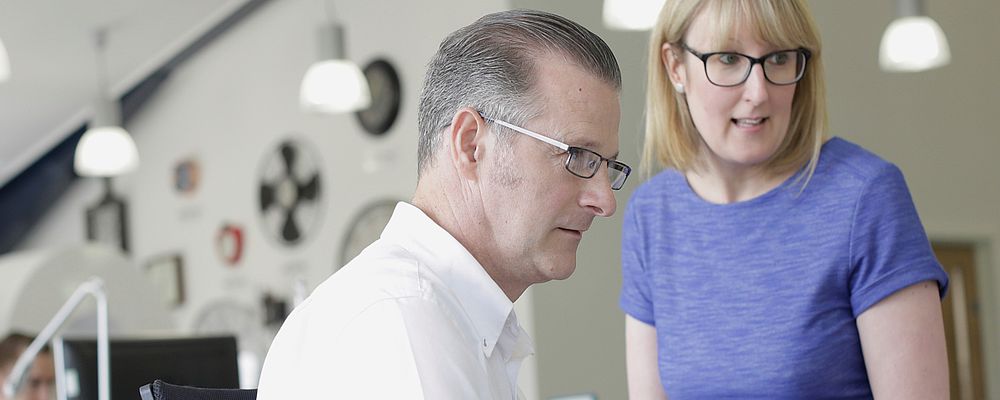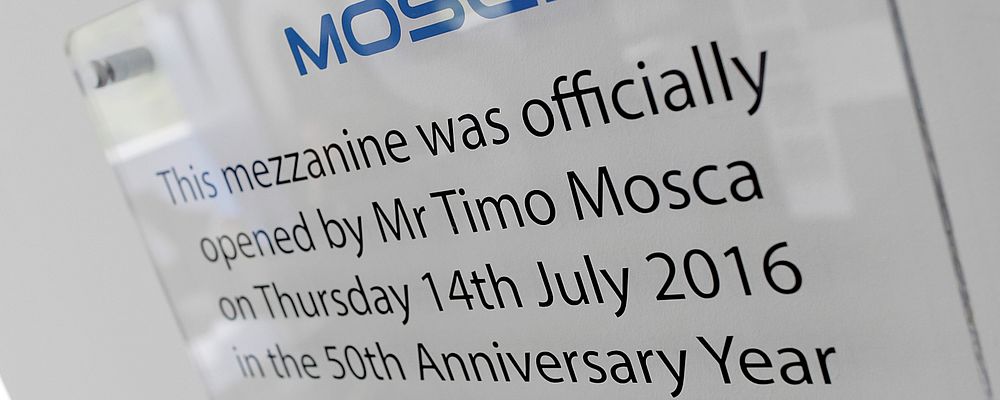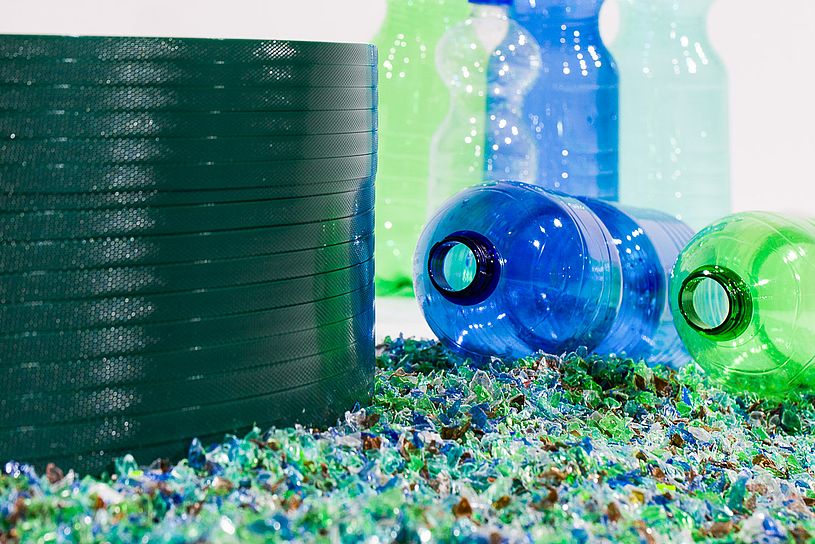With conscientious use and disposal, plastic strapping offers a sustainable and economical packaging solution that businesses who deal with production and distribution should look to implement. The minimal amount of plastic material required to secure goods with strap provides big benefits for businesses throughout the supply chain. Saving the planet and saving money do not have to be mutually exclusive. What makes commercial sense in terms of enhanced efficiencies and improved performance, more often than not, make environmental sense too.
Leading strapping machine and plastic strap manufacturer, Mosca, has committed to limiting environmental impact by ensuring its PET strap is manufactured in a climate-neutral process and developing high-quality, energy efficient machinery for the entire strapping process.
End-to-end recycling
At Mosca, sustainability has always been a key driving force in the innovation and development of strapping material and technology.
Mosca's PET strap is made from 100% recycled material from used plastic bottles. After processing, the recyclable raw material becomes a brand new premium product. The mostly green-coloured PET strap is extremely strong and reliable and withstands loads between 180 and 600kg depending on width and thickness. Any waste plastic material created during the production process is shredded and re-used.
The use of recycled material saves about 85% of CO2 emissions compared with primary processes. The savings made over a year are equivalent to the annual amount of CO2 filtered from the air by a 500-hectare forest.
Sustainable production line
Mosca’s strap production plant boasts a huge flat roof which houses a photovoltaic system and 2,500 square metres of solar panels which feed the power supply system. This ensures that the production of strapping materials is climate neutral, as the lines do not require more energy than the system produces.
In addition, the cold weather from October through to March provides a further advantage as no extra energy for cooling the production processes has to be expended. The outside temperature suitably feeds the required cooling units via a multi-functional system.
Energy is used and re-used considerately inside the production hall. Isolated hot parts of the production equipment provide residual heat for warming the hall on cold days. Plus, energy gained from brake lines is made available to the system in the form of electricity.
Customer-centric solutions
Mosca continuously develops customer-oriented solutions, including one of their most popular products - the 5mm wide Polypropylene strap. Here, a linear length of up to 8,000m on a coil is offered thanks to the latest spooling technology instead of the average linear length of 7,000m. This not only saves space during transportation, but also allows for increased operating times with fewer coil changes and set-up costs for the customer.
With all strapping products being recyclable, customers can dispose of used strap responsibly. Like other types of plastic, strapping can be economically recovered and recycled into new plastic products. Recycling plastic strapping can also be an effective way to manage waste, removing discarded packaging from work sites and avoiding landfill costs. Used plastic strap can be collected and recycled countrywide: refer to your local waste management agency for full details. It normally requires being chipped and baled/palletised ready to re-enter the recycling process.
 Mosca International
Mosca International
 America
America
 Asia
Asia
 Australia
Australia
 中国
中国
 Deutschland
Deutschland
 Suomi
Suomi
 France
France
 Great Britain
Great Britain
 Indonesia
Indonesia
 日本
日本
 Malaysia
Malaysia
 Mexico
Mexico
 Nederland
Nederland
 Polska
Polska
 España
España
 ประเทศไทย
ประเทศไทย
 Magyarország
Magyarország

